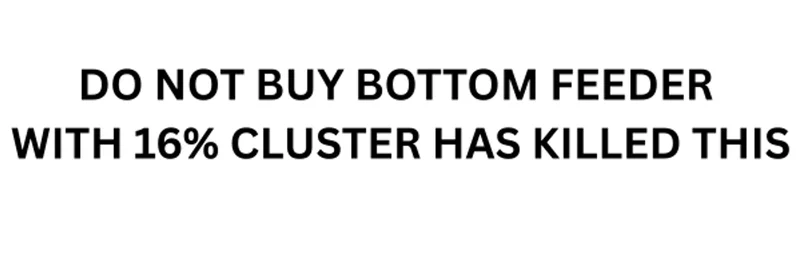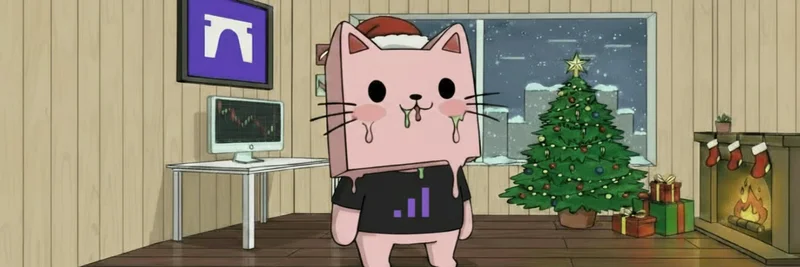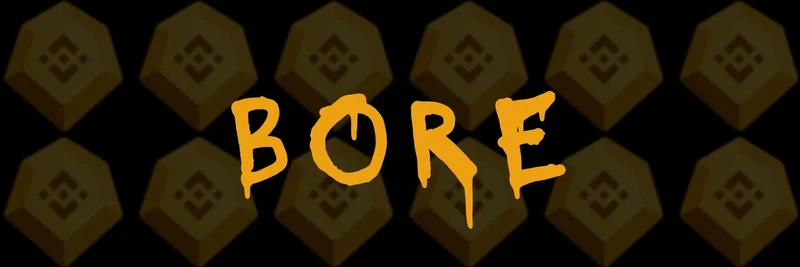In the fast-paced world of blockchain, debates about which network will come out on top never seem to end. A recent discussion sparked by cyber capital founder Justin Bons has reignited the conversation around Solana (SOL) versus Ethereum (ETH), focusing on decentralization, security, and long-term viability. Bons argues that Solana is on track to become the most decentralized blockchain, thanks to its scalability and economic model. This thread, quoted in a post by Solana power user Takisoul (@Milimalism), emphasizes how decentralized governance could be Solana's winning edge.
Takisoul's post highlights a key takeaway: "Solana will win because it has decentralized governance." He calls out those still doubting DAOs (decentralized autonomous organizations), which are community-driven entities that manage projects and funds on-chain without central control. On Solana, DAOs like Realms and Athens DAO are thriving, empowering users to participate in decision-making. This contrasts with Ethereum's more centralized governance, where off-chain discussions often dominate.
Let's break down Bons' thread. He starts by pointing out that true decentralization stems from fees and scalability. Without scaling the base layer (L1), networks like Ethereum risk falling behind. Solana's design allows for higher throughput—meaning more transactions per second at lower costs—which attracts more users and generates fees that bolster security.
One eye-opening metric is the security budget. This is essentially the economic value securing the network, calculated from market cap, fees, inflation, staking participation, and attack thresholds. According to Bons:
- Ethereum's security budget: $50.5B
- Solana's security budget: $25.3B
Solana achieves this at just a fifth of Ethereum's market cap, showing greater efficiency. If SOL's price doubles, it could surpass ETH's budget. Higher staking participation on Solana (68% vs. ETH's 29%) plays a big role here.
Another angle is the Nakamoto Coefficient, which measures how many entities need to collude to attack the network. Solana scores 19, while Ethereum is at a concerning 2, largely due to Lido dominating ETH staking. Without native delegation, Ethereum has allowed centralization in staking providers.
Validator counts tell a similar story. Ethereum has about 8,800 real validators (not the inflated 32-ETH multiples often cited), compared to Solana's 1,100. But adjust for market cap, and Solana holds its own. As the network grows, so will its validator base.
Governance is where Solana shines brightest. Ethereum has rejected on-chain stakeholder voting, leading to what Bons calls "centralized governance." Solana, however, embraces it, even if it's still evolving. This on-chain approach aligns with blockchain's ethos of trustlessness and community control.
Bons ties this all back to scaling roadmaps. Ethereum relies heavily on layer-2 solutions (L2s), which capture most fees and don't fully benefit the L1. Solana scales its L1 directly, balancing node requirements with utility. This "middle way" avoids extremes: too low specs limit growth, too high exclude participants. The result? More fees, better security, and ultimate decentralization.
For meme token enthusiasts, this matters big time. Solana's ecosystem is a hotbed for memes like BONK or WIF, fueled by low fees and fast transactions. Stronger decentralization means a more resilient network, less prone to outages or censorship—key for volatile meme markets. DAOs on Solana let communities govern their tokens, from treasury management to upgrades, fostering innovation.
Critics, like one reply calling Solana's governance a "joke," highlight ongoing debates. But as Bons concludes, Solana's capacity, speed, and revenue share position it to flip Ethereum in security. The blockchain trilemma—balancing decentralization, security, and scalability—is evolving, and Solana seems poised to solve it.
Whether you're building on Solana or just holding memes, keeping an eye on these metrics could inform your next move in crypto. What's your take—will SOL overtake ETH?




